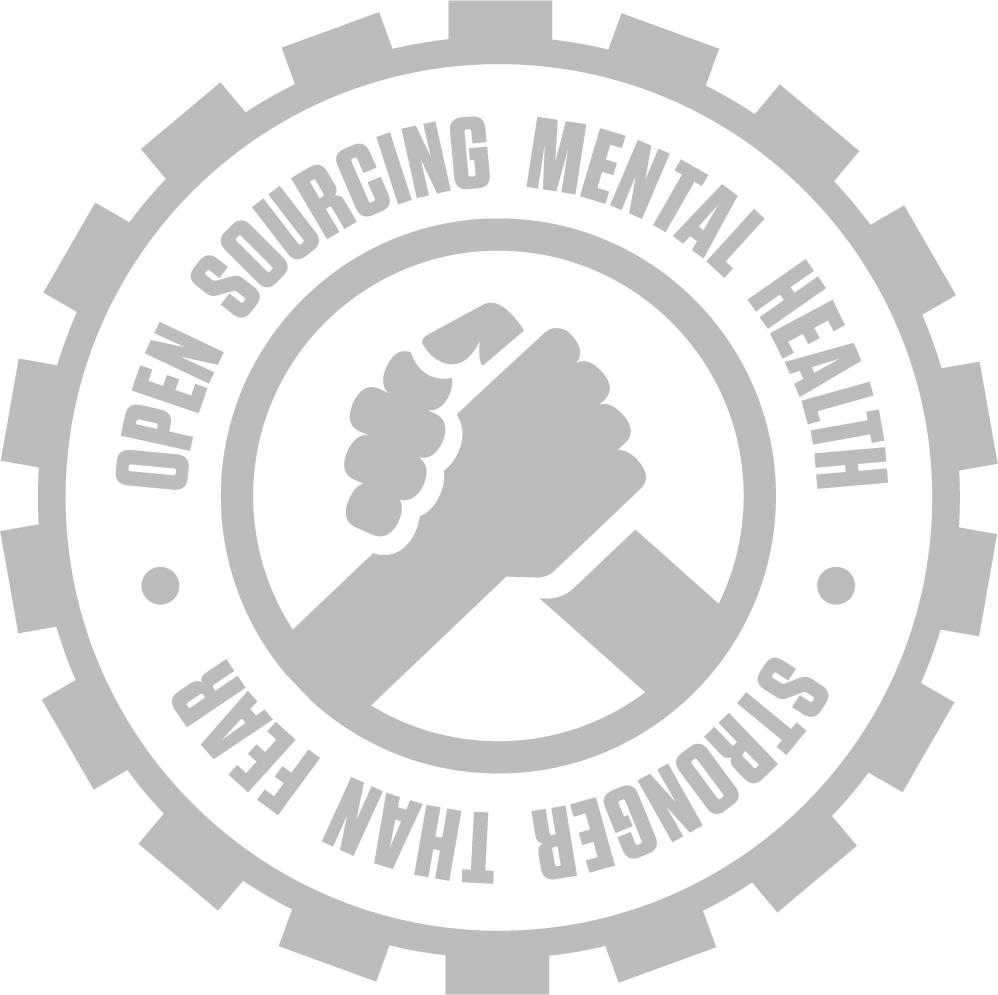On April 14th, 2017, I did something I thought I’d never be able to do— I stood up in front of a lecture hall with about 50-60 people in it and talked openly about my own mental health issues. There are two main reasons why I thought this would never happen. First, I get extremely apprehensive about public speaking to the point where it’s almost debilitating. Second, I thought no one would want to hear what I had to say on mental health in the software industry, especially as I am not a doctor or mental health worker.
When I was younger, much younger, I used to take part in public speaking festivals, and I really enjoyed them. Over the years, however, things changed, and inhibitions started to set in as well as severe anxiety. What if I stumbled? What if I started just waffling? What if I completely froze up and just couldn’t go on any more? Looking back now, it’s easy to see that this was the beginning of the anxiety issues that would continue until this day.
When I was about 21, I started to suffer really badly with heartburn, to the point where I’d wake up in the middle of the night in absolute agony. I went to see my general practitioner, and he said he couldn’t find anything amiss. Even an endoscopy was inconclusive, but he put me on medication to suppress the production of stomach acid to see how things would go.
I told a close friend about the new medication a few days later. He asked me to go to the doctor and ask for a different medication, as he was worried the current medication would make things worse with my depression. I immediately got defensive and asked what he was talking about because I didn’t suffer from depression. Sure, I would get a little low every now and then, but I thought that was just normal and everyone was like that.
After that conversation, I started to look back on my life and noticed that maybe he was right, but depression was something that no one talked about. I thought that if there were something there, my doctor would have caught it. Within a couple of years, I noticed I was having more and more depressive ‘episodes’ but still didn’t feel I could do anything about them. I felt that antidepressants were for other people.
When I was living abroad with my wife in Abu Dhabi, I was initially out of work, and I struggled, hard. I’m not an idle person. I can’t just sit around and live a life of luxury. This really started to play on me. After 3 months, I took a job in the local church working as an administrator, and while this wasn’t what I really wanted to be doing, it gave me purpose. A year later, I left that job as our first child was born, and I needed to stay home to look after him. Again, I struggled really hard being at home all the time.
Around this time, my closest friend from back home got in touch with me saying that he’d been to see the doctor. The doctor had diagnosed him with depression and immediately put him on anti-depressants. Towards the end of the call, my friend said that he wanted me to also go see a doctor because he’d seen all of his symptoms in me and was worried. I initially thought that he was just projecting his diagnosis onto me. After all, we were extremely close, but he persisted.
A few days later, I relented and went to see a doctor. I was very skeptical initially, and when the doctor mentioned that he recognized me from church, I almost lost it. I started explaining the conversations I’d had with my friend and how he thought that I was also suffering. The doctor quickly said that he agreed that I was suffering from depression and advised starting straight away on anti-depressants.
Once I got started on medication, things started to look up. I secured a remote job that got me back into the tech field doing support and eventually lead to me taking a role as a web developer - which helped get me where I am today. Medication, however, is not always the silver bullet people make it out to be. When I started on anti-depressants, I had friends who knew about my mental health issues say things like, “Did you forget to take your happy pills today?” It took me about a year or so to start to get a handle on my triggers and learn how to help myself. It’s not just all about medication, it’s also about looking after yourself.
When we moved back to Ireland in 2015, I was unaware of how prevalent mental health issues are in the tech community. It wasn’t until I attended PHP North West that year and sat in on a talk by Mike Bell where he talked about his own struggles with mental health that I realized that it was a much bigger issue. Around the same time, I started to hear of Ed Finkler and the organization he was putting together called OSMH. At the start of 2017, I became acutely aware that the message OSMH was working to spread needed to be brought to Ireland. We’re a small country with a fairly large tech community, and I knew that if I was suffering, there had to be others that were suffering as well. I reached out to Ed Finkler and asked about possibly partnering to try and bring the OSMH message to Ireland. I was immediately welcomed in as a volunteer.
In October 2017, I gave my first ever talk to a user group titled “Looking after your mental health, a guide for software developers”, which was the precursor to the recent talk I gave at PHP Yorkshire with the same title. That night, I had friends from PHP Dublin come up to me and thank me for being so honest and for having the courage to share the message I did. Personally, I don’t really see what I did as being courageous, I see it as performing a public service. I am eternally thankful to the staff and fellow volunteers at OSMH for the help that I’ve received, even in small ways, like the encouragement I received when I was initially struggling to come up with the talk I gave.
Mental health issues affect a staggeringly high number of people in the software community, but together, we can help to overcome the stigma. Stop by https://osmhhelp.org/resources, and let’s get started!

